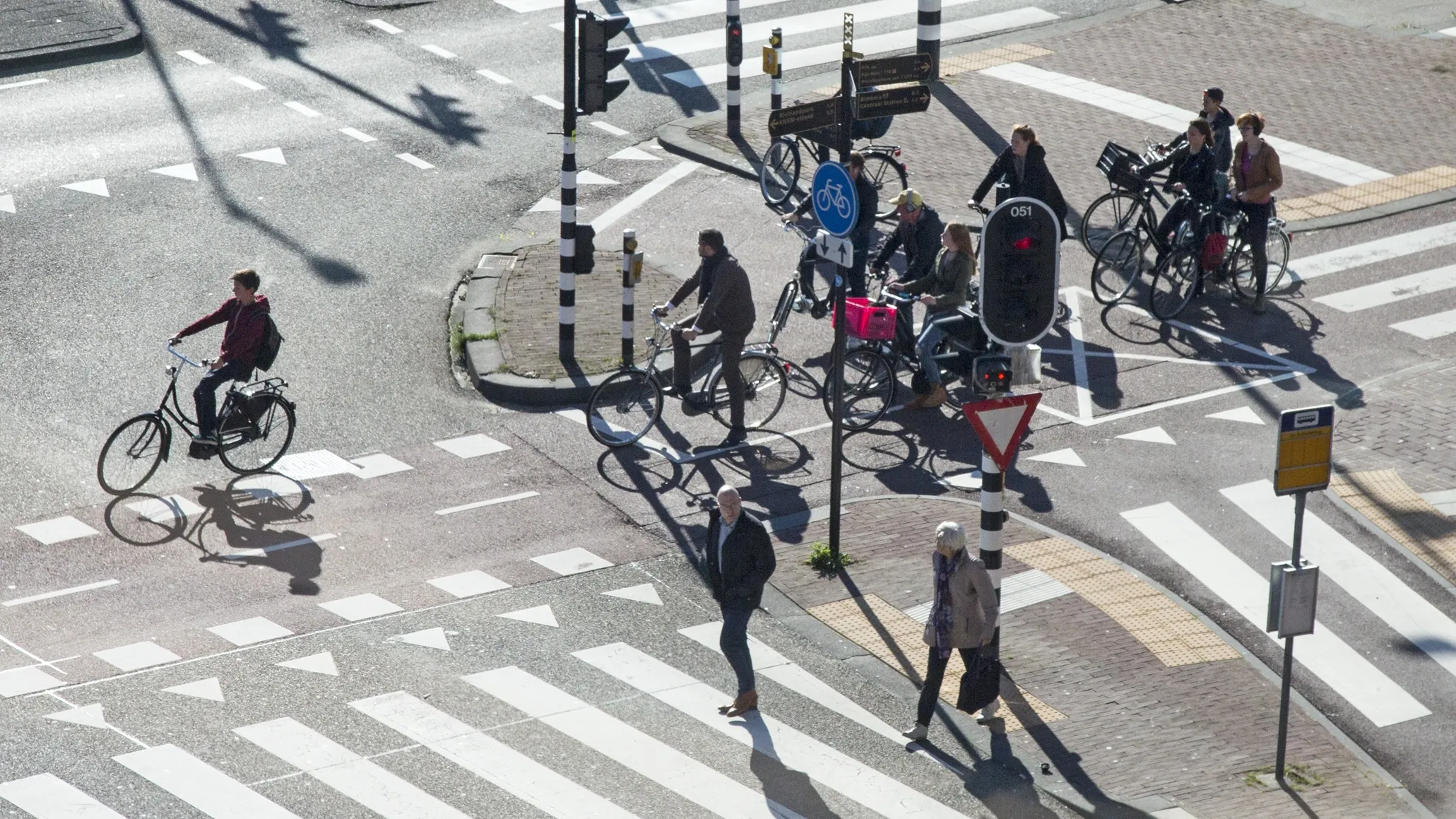The Netherlands’ Beter Benutten programme is focused on ITS deployment and smart mobility.
This year, as visitors to Intertraffic Amsterdam 2016 will learn, Beter Benutten ITS wants to start deploying a road user messaging system that enables information to be gathered, processed and then distributed to the relevant road-users with quality, accuracy and at sub-second delivery rates.
Furthermore, the Ministry is conducting several ITS programmes and projects areas such as supermarket logistics, incident and event management, connected and cooperative ITS (shock wave mitigation), travel information services, setting of new standards and use of open parking data.
Sharing risks and benefits
Within Beter Benutten, government and public authorities are not buying, but are supporting private investment and deployment, bringing private and public shareholders together, sharing risks and benefits. Behind the Beter Benutten-projects, which have a total public investment of 70 million euros in the next three years, are smartphones, computer clouds, fast telecommunication techniques delivering fast data exchange, new services in support of user behavior and experience.
On the Beter Benutten ITS stand in the Smart Mobility Center in hall 9, visitors will find companies such as Here, Ericsson, Be-Mobile, Innovactory, V-Tron, Technolution, Monotch, TrafficLink, Route42 and various other parties, that participate in Beter Benutten-projects and are part of the network. All these entities will be together on the stand at Intertraffic to explain about all current and concrete developments in the area of smart mobility. In close cooperation with these market parties, a number of sessions will be provided in the Smart Mobility Theatre as well as in the InnovationLAB and possibly some outdoor demos.
TomTom
TomTom will show a variety of solutions improving traffic flow in the network by smarter use of infrastructure and technology. The company innovates traffic management in ways that will ultimately serve the needs of connected and self-driving cars. Data collected from 400 million vehicles with TomTom navigation software, built-in apps and navigation screens is used to provide drivers with real-time travel information and to help solve traffic congestions worldwide.
ARS Traffic & Transport Technology
On their stand at the Smart Mobility Center ARS T&TT will focus on strategic, tactical and operational consultancy on ITS issues and solutions to optimize existing traffic information and traffic management centres.
Rutoll
Rutoll will show its toll collection system, a comprehensive and flexible solution varying from a manual toll collection to full multi-band non-stop travel. The system works with high billing in real-time and is successfully operated on most toll roads of Russia.
Cisco
At Intertraffic









